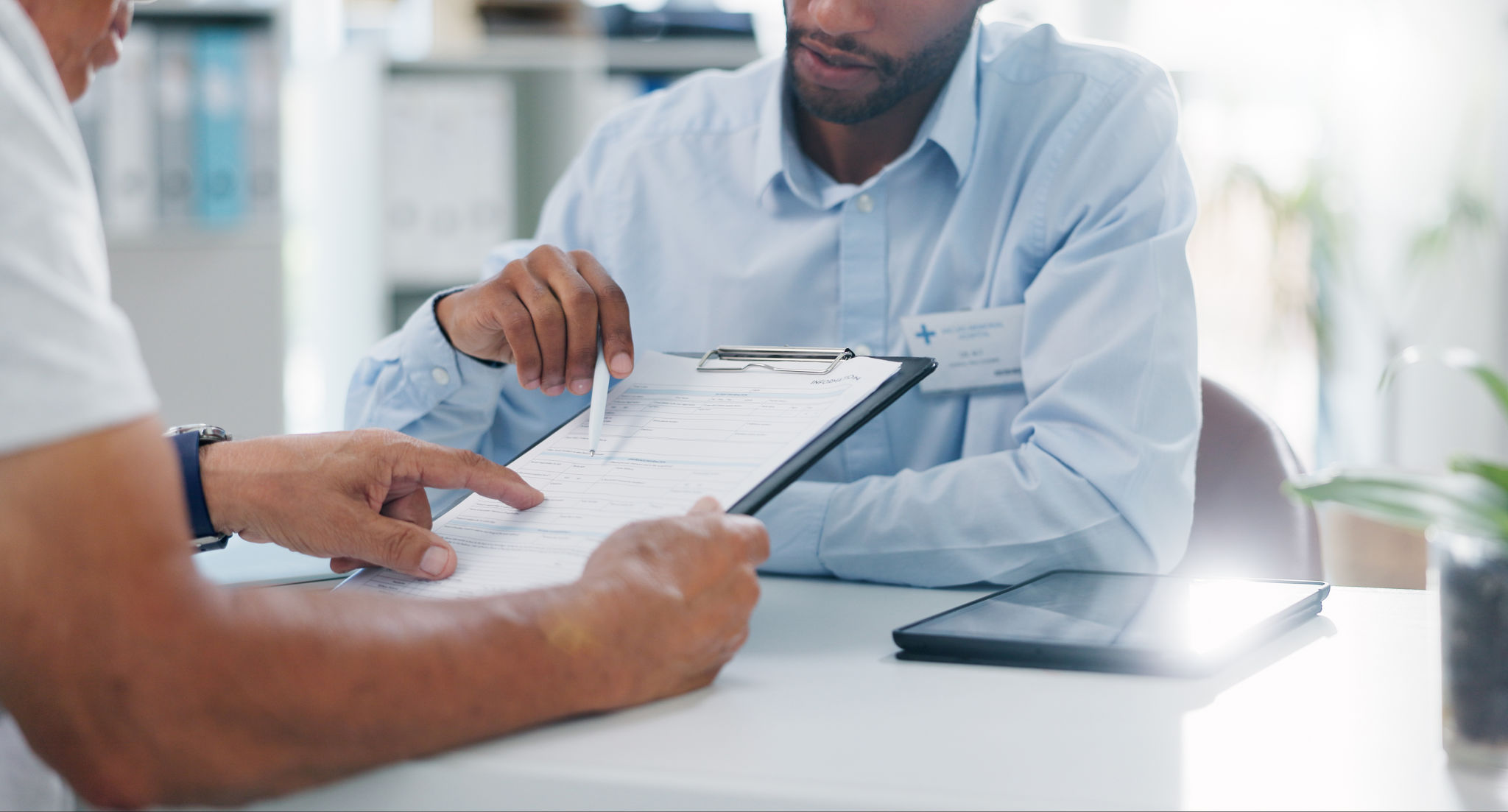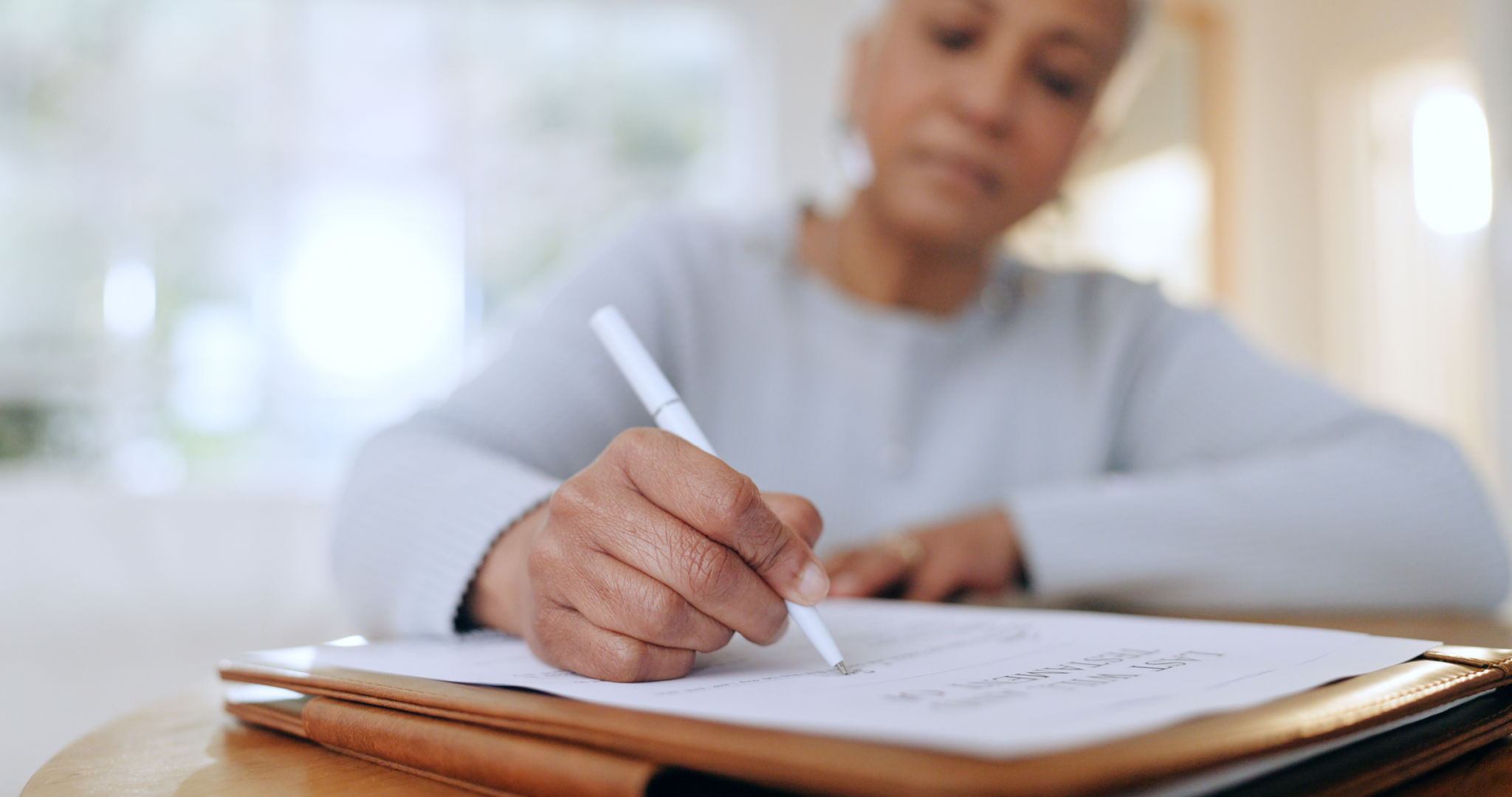Seasonal Legal Challenges: Preparing for Hurricane-related Insurance Claims in Florida
ZL
Understanding the Impact of Hurricanes on Insurance Claims
Florida is no stranger to hurricanes, and each season brings its own set of challenges for residents. The aftermath of a hurricane often leaves homeowners dealing with significant damages, leading to an influx of insurance claims. Understanding the intricacies of hurricane-related insurance claims can help policyholders navigate the often complex process more effectively.
After a hurricane, the first step is to assess the damage thoroughly. This involves documenting everything meticulously, from minor to major damages. Taking photographs and videos can provide invaluable evidence when filing a claim. Ensuring that you have all necessary documentation ready can significantly expedite the claims process.

Types of Coverage to Be Aware Of
It's crucial to understand the specific types of coverage included in your homeowner's insurance policy. Typically, a standard policy covers windstorm damage but may exclude flooding. Given Florida's vulnerability to hurricanes, reviewing your policy for comprehensive coverage, including flood insurance, is essential.
Flood insurance is often a separate policy underwritten by the National Flood Insurance Program (NFIP). Given the frequency and intensity of hurricanes in Florida, investing in flood insurance can be a wise decision. Ensure your coverage limits are adequate to cover potential losses, as rebuilding costs can be substantial.

Steps to Take Before and After a Hurricane
Preparation is key when it comes to minimizing hurricane damage. Before the hurricane season begins, review your insurance policy carefully. Make sure your home inventory is up-to-date and stored safely. This inventory should include descriptions, photographs, and receipts of valuable items.
After a hurricane, report any damages to your insurance company promptly. Most insurers have a specific timeframe within which you must file a claim, so it's important to act quickly. Keep records of all communications with your insurer and adjusters, as this could be crucial if any disputes arise.

Working with Insurance Adjusters
Insurance adjusters play a significant role in determining the compensation you'll receive for your claims. They will assess the damage and decide on the payout based on their evaluation. It's advisable to be present during the inspection to point out all damages and ensure nothing is overlooked.
Being proactive and cooperative with adjusters can lead to a more favorable settlement. If disagreements arise over the assessment or payout, consider hiring a public adjuster. Public adjusters work independently from insurance companies and can provide an unbiased evaluation of the damages.
Additional Resources and Support
Several resources are available to assist Florida residents with hurricane preparedness and insurance claims. The Florida Department of Financial Services provides valuable information and support for those facing challenges with their insurance providers. Additionally, the Federal Emergency Management Agency (FEMA) offers assistance programs for those affected by natural disasters.
Engaging with community support groups can also be beneficial. Sharing experiences and strategies with others who have faced similar challenges can provide practical insights and emotional support during difficult times.
